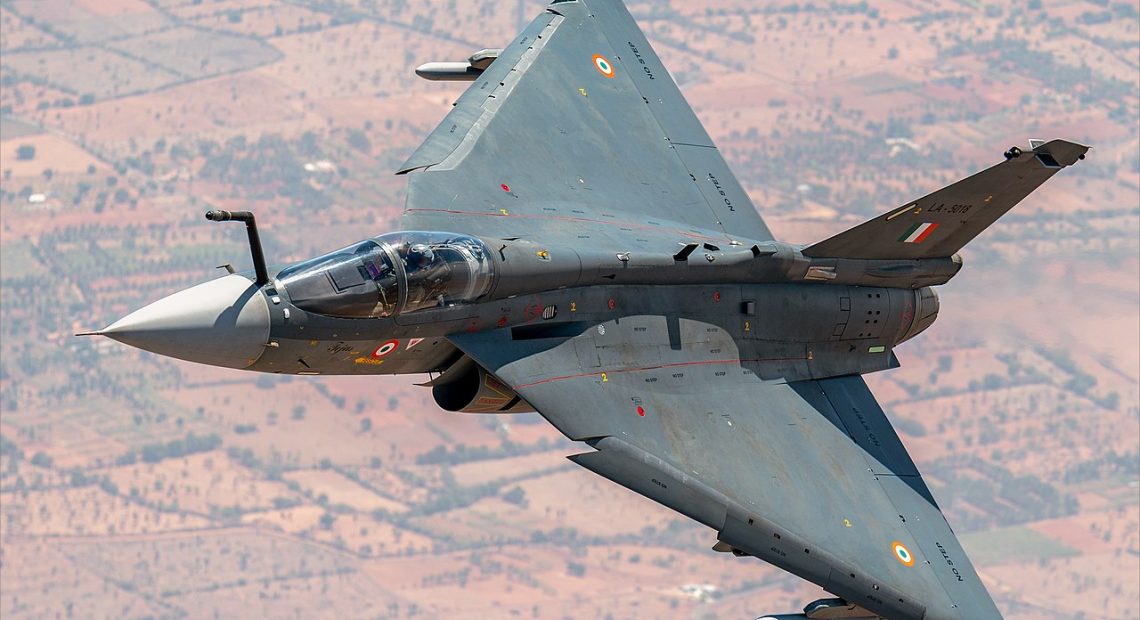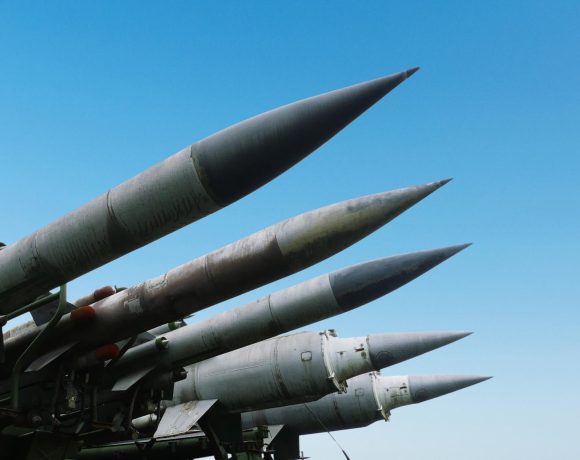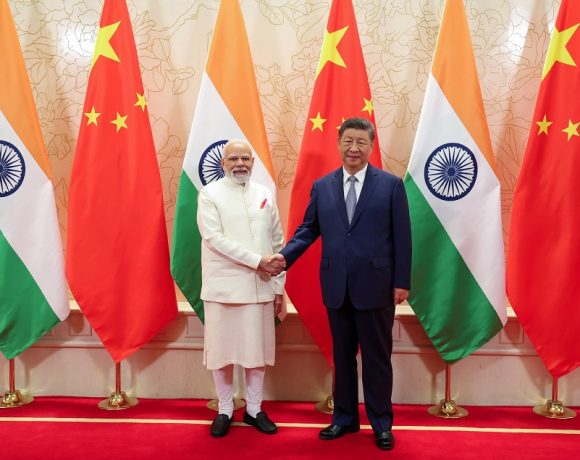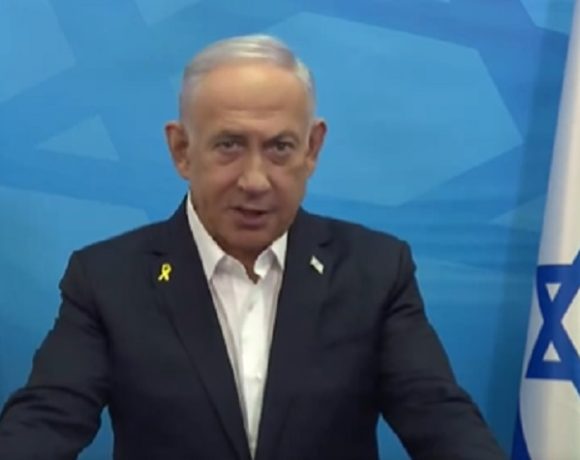
U.S. Supplier Delays Stall India’s Tejas and Apache Military Programs
India’s Tejas Mk-1A fighter jets and AH-64E Apache helicopter programs are facing significant setbacks due to delays by U.S. defense giants GE Aerospace and Boeing. Hindustan Aeronautics Limited (HAL) has confirmed that both the Indian Air Force and Indian Army are impacted, raising concerns over India’s dependence on foreign suppliers for key military assets.
Tejas Jet Deliveries Affected by Engine Shortages
HAL has admitted that the delivery of Tejas jets to the Indian Air Force has been held up primarily due to delays in the supply of F404 engines from GE Aerospace. Although six Tejas aircraft are now expected to be delivered by March 2026, the original schedule has already been disrupted. Engine shipments had been delayed by nearly two years due to production line restarts in the United States, affecting the initial rollout of the indigenous fighter jet.
While supply chains have begun to stabilize and engine deliveries are now resuming, the delay has pushed back squadron induction timelines and forced adjustments in the IAF’s planning.
Apache Squadron Faces Operational Lull
The Indian Army’s 451 Squadron, raised to operate newly ordered AH-64E Apache helicopters, has remained largely inactive due to non-delivery of the full fleet. Under an $800 million agreement, six helicopters were due, but Boeing’s delayed handovers have left the squadron partially grounded in Jodhpur.
Some delays have extended beyond 15 months, severely affecting the Army’s attack helicopter deployment capabilities, especially in sensitive zones where Apaches were expected to enhance high-altitude warfare readiness.
Supply Chain and Coordination Gaps
The root causes stem from production restarts and timeline mismatches at GE’s engine manufacturing facility, as well as delivery delays from Boeing. These issues have exposed gaps in logistical coordination between Indian procurement agencies and foreign suppliers, especially when multiple platforms depend on a limited number of OEMs.
Strategic Ramifications and the Way Forward
The dual disruptions have heightened strategic concerns about India’s over-reliance on U.S. defense vendors. For the Tejas program, 99 GE engines are needed under existing orders, and future variants will depend even more heavily on consistent engine supply. Meanwhile, Apache delays are preventing force enhancement in operational sectors where India seeks to counter adversaries like China.
HAL and Indian defense authorities are now coordinating closely with GE to stabilize deliveries. Full production of Tejas aircraft is expected to pick up pace in FY 2025–26, with up to two dozen jets slated for rollout. As for Boeing, revised timelines for Apache deliveries are still awaited, while officials explore legal and logistical contingencies.


















